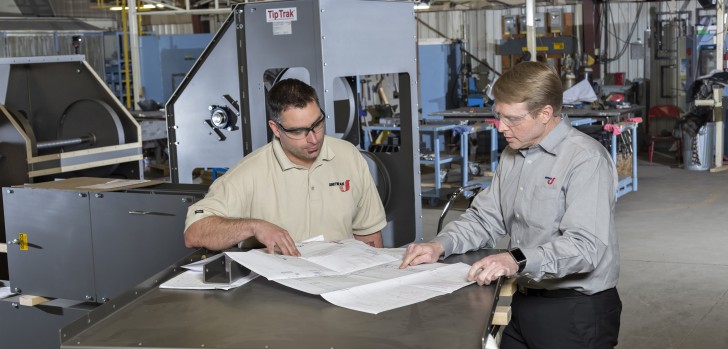Chlorine
Chlorine, a highly reactive chemical element with the symbol Cl and atomic number 17, is a member of the halogen group on the periodic table.
At a Glance
It exists in nature primarily as the diatomic molecule Cl2, and it is widely known for its strong odor and distinctive greenish-yellow color. Chlorine is an essential industrial chemical with numerous applications across various sectors, from water treatment to pharmaceuticals, plastics manufacturing to disinfectants.
Chlorine exhibits several key characteristics that are essential to understand for safe handling and effective utilization:
- Highly Reactive: Chlorine is a highly reactive element, readily forming compounds with other elements and substances.
- Corrosive: Chlorine gas and its compounds can be corrosive to metals and other materials, necessitating careful handling and storage procedures.
- Toxic: Chlorine gas is toxic and can cause respiratory irritation, coughing, and even lung damage at high concentrations. Proper ventilation and safety measures are essential when working with chlorine.
- Strong Odor: Chlorine has a distinct, pungent odor that can be detected even at low concentrations, making it easy to detect leaks or spills.

Common Uses
Chlorine plays a crucial role in water treatment, where it is used to disinfect drinking water, swimming pools, and wastewater. It is a key ingredient in the production of polyvinyl chloride (PVC), one of the most widely used plastics in the world. Chlorine compounds are also utilized in the manufacturing of solvents, pesticides, pharmaceuticals, and bleach products. Additionally, chlorine-based chemicals are employed in the production of textiles, paper, and various consumer goods.

Challenges in Conveying
Bulk material conveying of chlorine and chlorine-based compounds presents unique challenges due to their corrosive nature and potential toxicity. Conveying systems must be designed to handle these materials safely and efficiently while minimizing the risk of contamination or environmental harm. Challenges encountered in bulk material conveying of chlorine include:
- Corrosion Resistance: Conveying equipment must be constructed from corrosion-resistant materials to withstand exposure to chlorine gas and its compounds.
- Safety Concerns: Due to the toxicity of chlorine, ensuring worker safety is paramount. Dust control measures and leak detection systems are essential to prevent exposure to harmful fumes.
- Material Degradation: Chlorine compounds can degrade certain materials over time, necessitating regular inspection and maintenance of conveying equipment.
- Environmental Impact: Spills or leaks of chlorine can have severe environmental consequences, requiring robust containment and emergency response measures.
Equipment Options
UniTrak, with its deep expertise in customized bulk material handling equipment, offers a range of solutions tailored to the unique requirements of handling chlorine and chlorine-based compounds:
- TipTrak Bucket Elevator: The TipTrak bucket elevator is an ideal choice for conveying chlorine in granular or powdered form. Its fully enclosed design prevents dust emissions and provides excellent corrosion resistance, ensuring safe and efficient handling of this corrosive material.
- UniFlex Flexible Screw Conveyor: The UniFlex flexible screw conveyor is well-suited for conveying chlorine compounds in powdered or granular form. Its flexible design allows for easy integration into existing processing systems, while its corrosion-resistant construction ensures long-term reliability.
- Powderflight Aeromechanical Conveyor: The Powderflight aeromechanical conveyor is a versatile solution for conveying chlorine powders and granules over long distances with minimal degradation. Its gentle handling capabilities minimize dust generation and product degradation, while its enclosed design prevents environmental contamination.
- Bulk Bag Loader/Unloader: UniTrak's bulk bag loader/unloader provides a convenient and efficient way to handle large quantities of chlorine in bulk bags. Its rugged construction and advanced safety features ensure safe and reliable operation, while its customizable design allows for seamless integration into existing production facilities.
Chlorine is a versatile chemical with diverse applications across various industries, from water treatment to plastics manufacturing. However, its corrosive nature and toxicity pose unique challenges in bulk material conveying. UniTrak offers a range of specialized equipment designed to handle chlorine and chlorine-based compounds safely and efficiently, drawing on its deep experience in customized bulk material handling solutions. With UniTrak's expertise and proven track record in managing a diverse range of complex materials, customers can trust in reliable and cost-effective solutions for their chlorine conveying needs.
